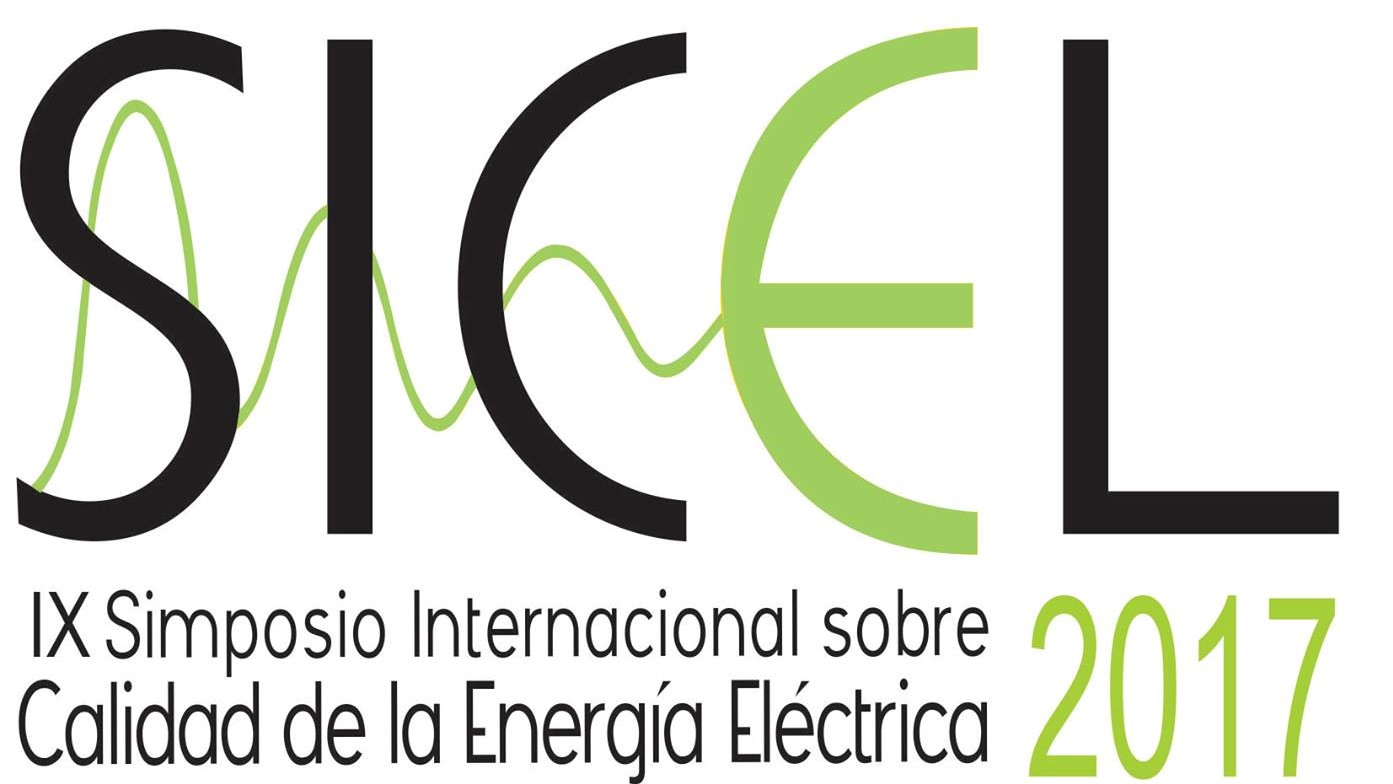Methodological Comparison to Predict Photovoltaic Generation Capacity Based on Climatic Data
Palabras clave:
Electrical power, forecasting, photovoltaic generation, solar radiation (es)Descargas
This article is focused on comparing different prediction techniques for the prediction of photovoltaic power generation with automatic learning techniques. First, is identified the relationship between climatic variables, on which solar generation. With the use of meteorological database (NSBD by NREL), provide the climatic data of the input to the implemented algorithms whose response will be compared in a particular case of photovoltaic power generation, in the city of Popayán in one of the highest radiation months. Two algorithms are implemented, the first one based on a Bayes-Naive classifier without any combination and the second one a Neuronal Network type combined with a Levenberg-Marquardt optimization algorithm. The latter presenting better performance without the implementation of a stage of pre-processing the input data in either case. The implemented algorithms are compared with the measured value to determine the degree of deviation associated. With this comparison it is possible to conclude that the combination of two or more techniques (hybrid) presents better performance and a lower uncertainty than if separate techniques were implemented.
Cómo citar
APA
ACM
ACS
ABNT
Chicago
Harvard
IEEE
MLA
Turabian
Vancouver
Descargar cita
Visitas a la página del resumen del artículo
Descargas
Licencia
Derechos de autor 2018 Simposio Internacional sobre la Calidad de la Energía Eléctrica - SICEL

Esta obra está bajo una licencia internacional Creative Commons Atribución 4.0.












